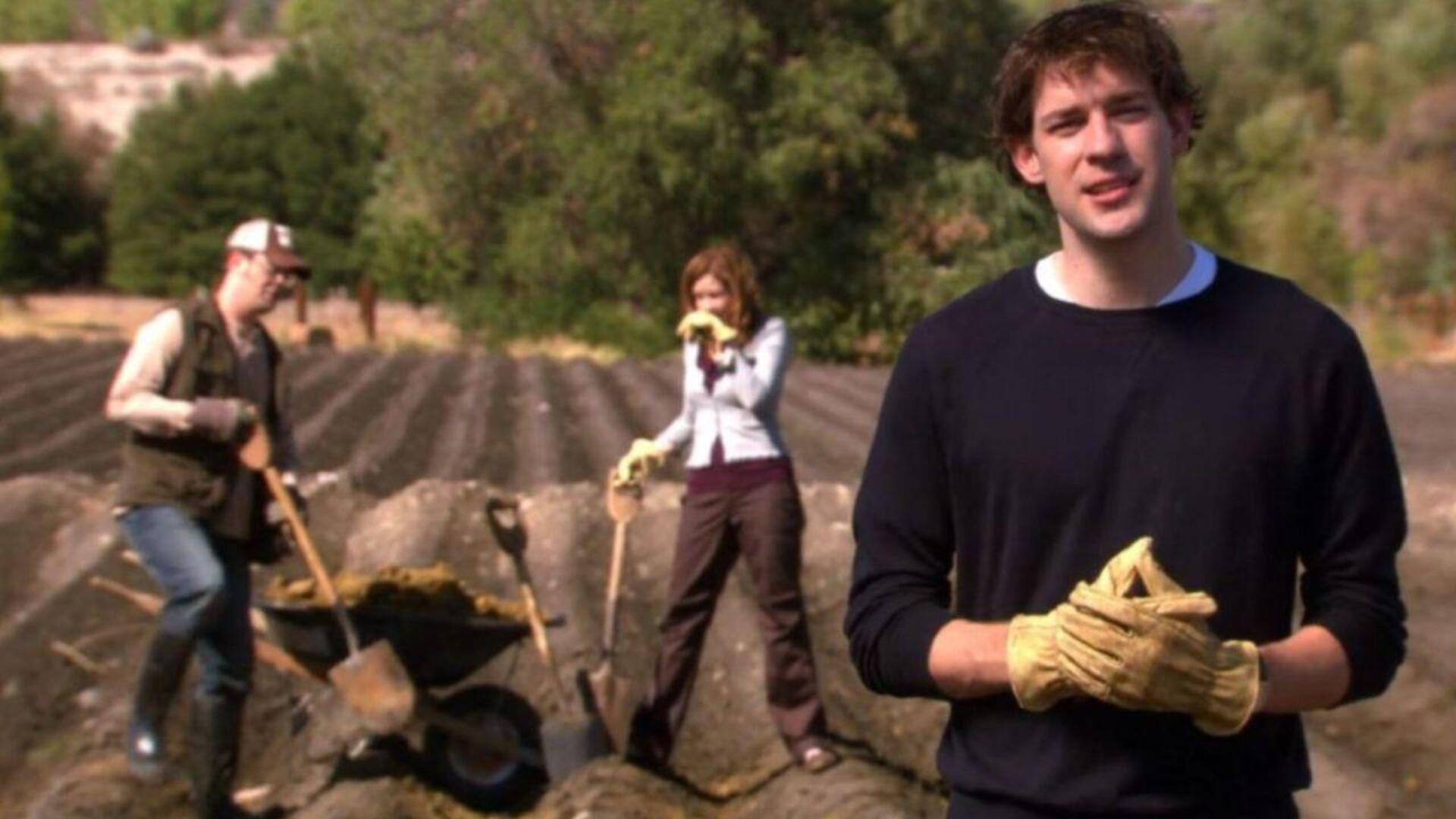
'The Office' fans can't stop talking about Schrute farms
What's the story
Schrute Farms, from The Office, is a fictional bed and breakfast that enchants with its rustic charm and quirky host, Dwight Schrute. Although it's not real, it's a cultural icon, piquing interest in its unique hospitality experience and operations. Here's what we learned about this weird farm that makes it so interesting to fans.
#1
The beet farming legacy
Beet farming has been at the core of the Schrute Farms's identity. Dwight would often stress how important beets were to his family history. The crop serves as a staple, but also reinforces the farm's dedication to tradition and sustainability. The emphasis on beet farming showcases agricultural practices that have been handed down through generations, and how family heritage is preserved in running such businesses.
#2
Unique hospitality approach
Schrute Farms gives an unconventional spin to hospitality, unlike any other bed and breakfast. Guests indulge in hands-on activities such as beet harvesting and barn chores, making them feel at home in the heart of a farm. This aligns with Dwight's philosophy of hard work and self-reliance, while guests get the opportunity to experience a slice of rural life that is both informative and fun.
#3
Eccentric marketing tactics
Marketing at Schrute Farms is as unconventional as its owner. Dwight uses quirky strategies to attract visitors, such as word-of-mouth promotion through bizarre anecdotes shared by previous guests on The Office. These stories create intrigue around the farm's offerings without relying on traditional advertising methods, demonstrating how unique narratives can effectively capture public interest.
#4
Cultural impact beyond fiction
Despite being fictional, Schrute Farms has made quite an impact on popular culture. Fans have adopted it as more than just a plot device, but a nostalgia for simpler times and rural living ideals. From merchandise inspired by the farm to its jokes, it continues to thrive among enthusiasts who appreciate its humor and charm, showing how fictional settings can connect with audiences across the world.